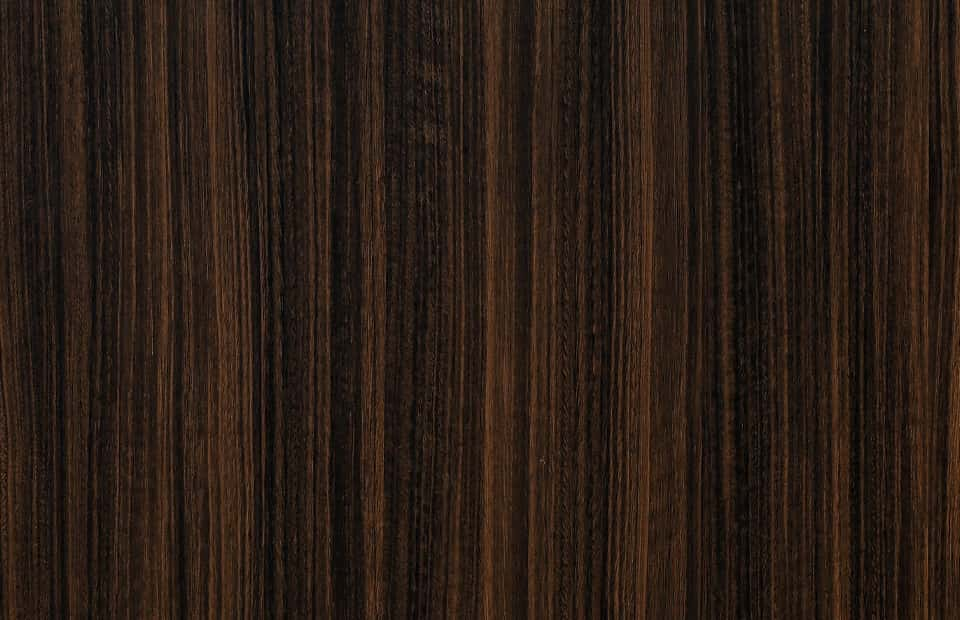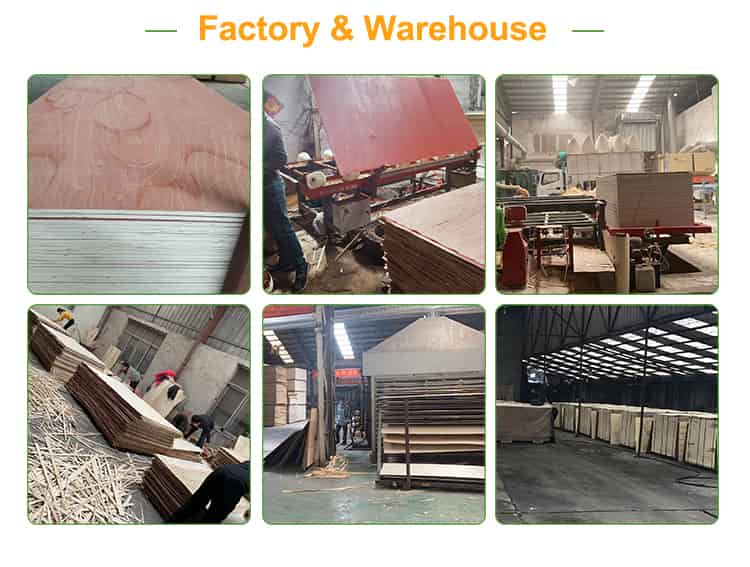The quest for alternative materials in various industries is a never-ending pursuit, particularly in the marine industry. Marine plywood has been a popular choice for many years due to its durability and resistance to moisture. However, there are other options available that offer similar benefits.
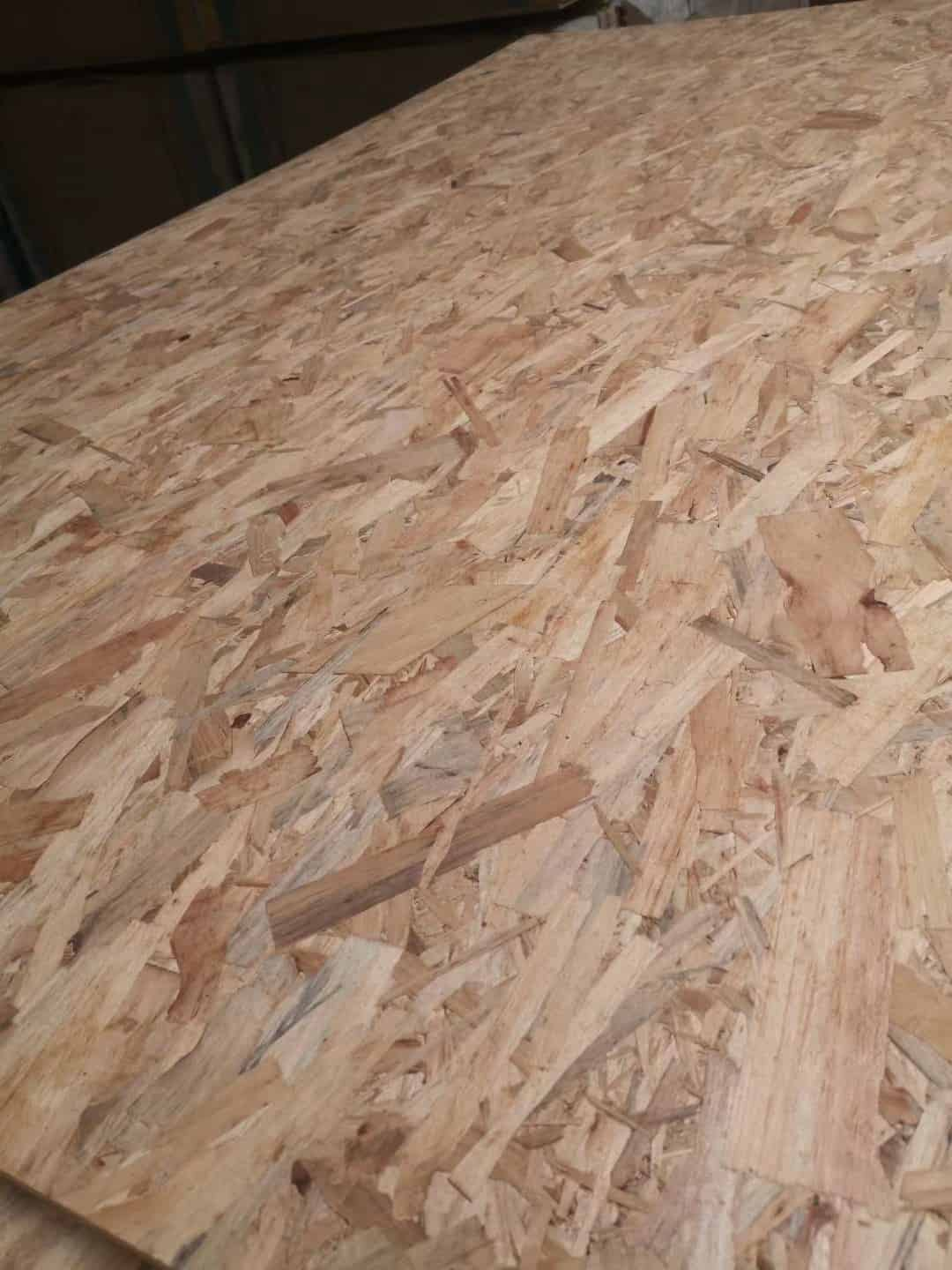
Laminated marine plywood is one such alternative. It is made by gluing together thin layers of wood and then covering them with a resin-soaked paper. This process not only makes the material more water-resistant but also increases its strength and stiffness. Additionally, laminated marine plywood can be purchased in different thicknesses, including a 25mm option.

Another option is plastic-based composites, which are becoming increasingly popular due to their low maintenance requirements. These materials typically consist of a mixture of plastic and wood fibers, creating a durable and lightweight product. Some manufacturers even use recycled materials in their composites, making them an eco-friendly choice.
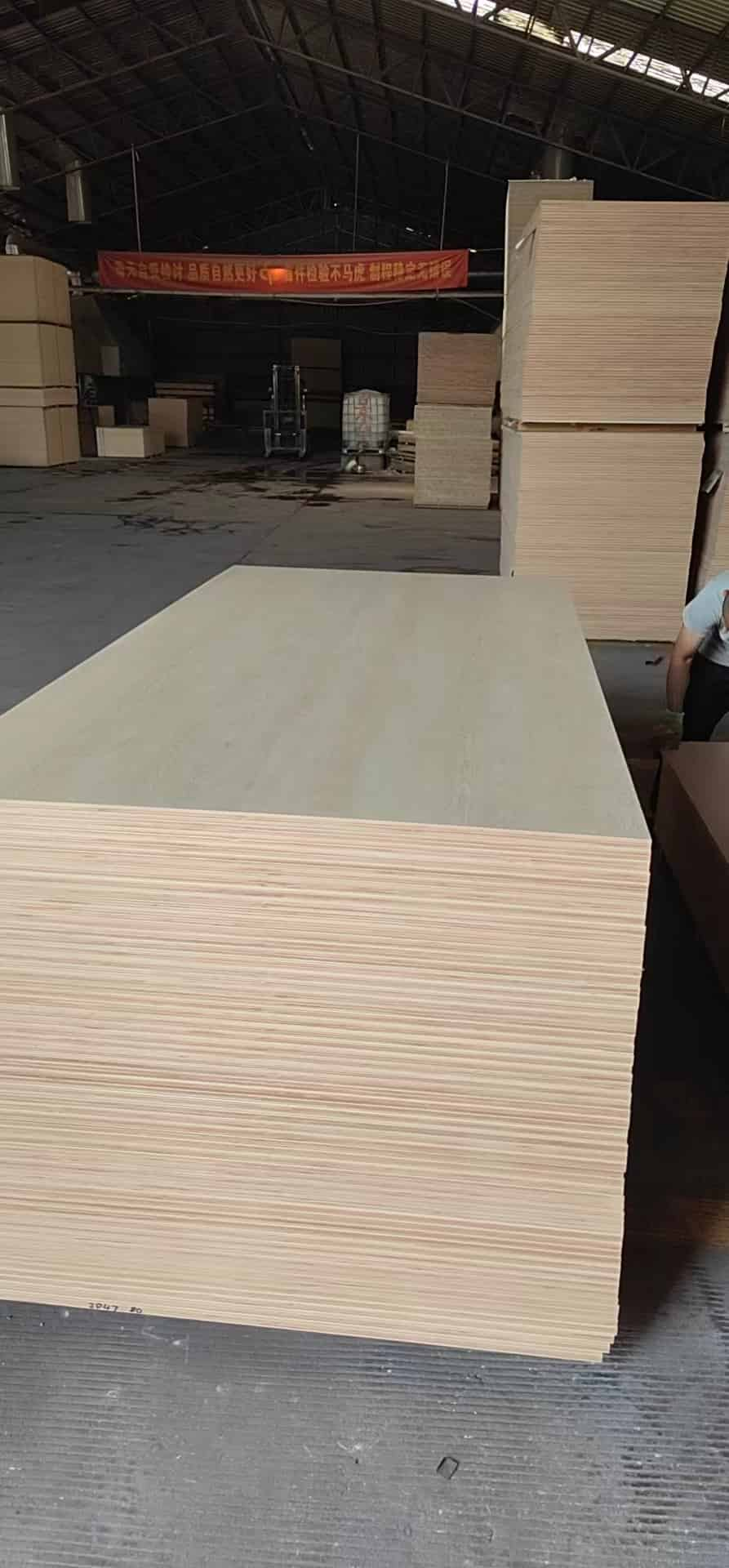
Fiberglass is another alternative that offers excellent durability and low maintenance. It is made by combining glass fibers with a resin, creating a strong and lightweight material. Fiberglass is also non-porous, making it resistant to moisture and ideal for marine applications.

Aluminum is a metal that can also be used as a marine plywood substitute. While heavier than wood or fiberglass, aluminum offers superior strength and resistance to corrosion. It is also easy to maintain and can be painted to match any color scheme.
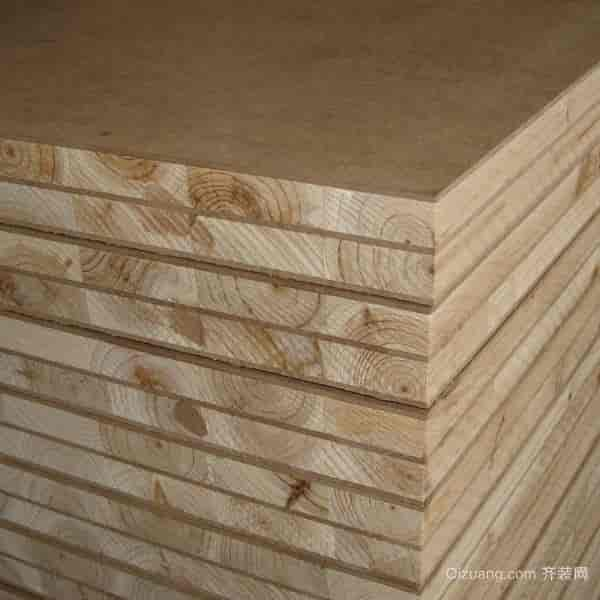
In conclusion, while marine plywood may be a go-to material for many, there are several alternatives available. Laminated marine plywood, composites, fiberglass, and aluminum all offer unique benefits and should be considered when choosing materials for marine applications.
